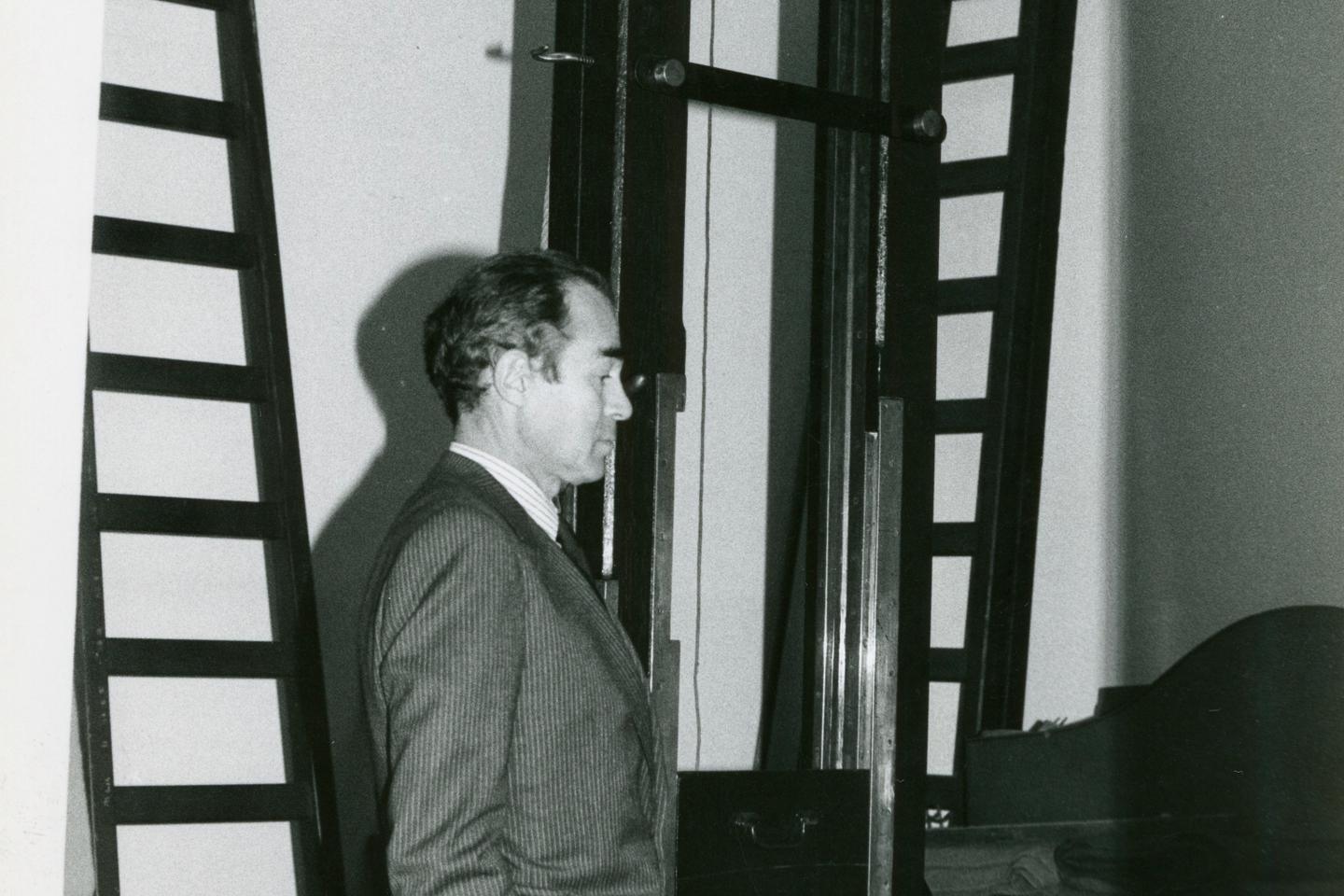The Legacy of Robert Badinter in French Law

Introduction
Robert Badinter, a former French politician and lawyer, stands as a pivotal figure in modern French jurisprudence. His contributions to the legal system, particularly his advocacy for the abolition of the death penalty in France, have indelibly shaped the legal landscape. With his recent public appearances and ongoing discussions regarding justice reform, Badinter’s work continues to resonate in contemporary debates surrounding human rights and legal ethics.
Career and Contributions
Badinter was born on March 30, 1928, and became involved in law and politics after World War II. His most notable achievement came in 1981 when, as Minister of Justice under President François Mitterrand, he successfully spearheaded the legislative process to abolish the death penalty in France. This landmark decision not only transformed the French legal system but also echoed globally as it inspired movements against capital punishment.
His arguments against the death penalty were rooted in moral and ethical considerations, emphasizing the fallibility of the justice system and the sanctity of human life. Badinter’s eloquence and conviction in advocating for civil liberties earned him the respect of colleagues and opponents alike. His work is often highlighted in discussions about justice reform across Europe.
Recent Events and Relevance
In recent months, Badinter has been vocal in the media regarding issues about the judiciary and the balance between security and civil liberties in France. With rising concerns about crime and terrorism, discussions about judicial reforms have become increasingly pertinent. Badinter has cautioned lawmakers to remain vigilant against encroachments on fundamental rights, advocating instead for reforms that enhance justice without compromising liberties.
His experiences and insights have established him as a respected elder statesman capable of guiding contemporary discussions about legal reforms and human rights. Badinter has also participated in various forums and discussions aimed at inspiring a new generation of lawyers and human rights advocates.
Conclusion
Robert Badinter’s legacy is one of unwavering commitment to justice, equality, and human rights. As debates on legal reforms continue to unfold across France and beyond, his voice remains crucial in steering discussions towards a more compassionate and equitable legal framework. The enduring impacts of his work on the abolition of the death penalty shall serve as a reminder of the importance of valor in advocacy and the relentless pursuit of justice in society. Through his contributions, Badinter has not only changed the landscape of French law but has also provided a moral compass for future generations of legal professionals and human rights defenders.
